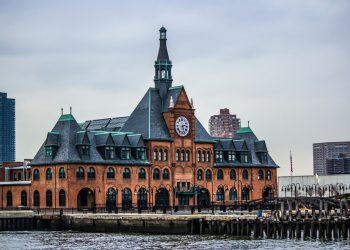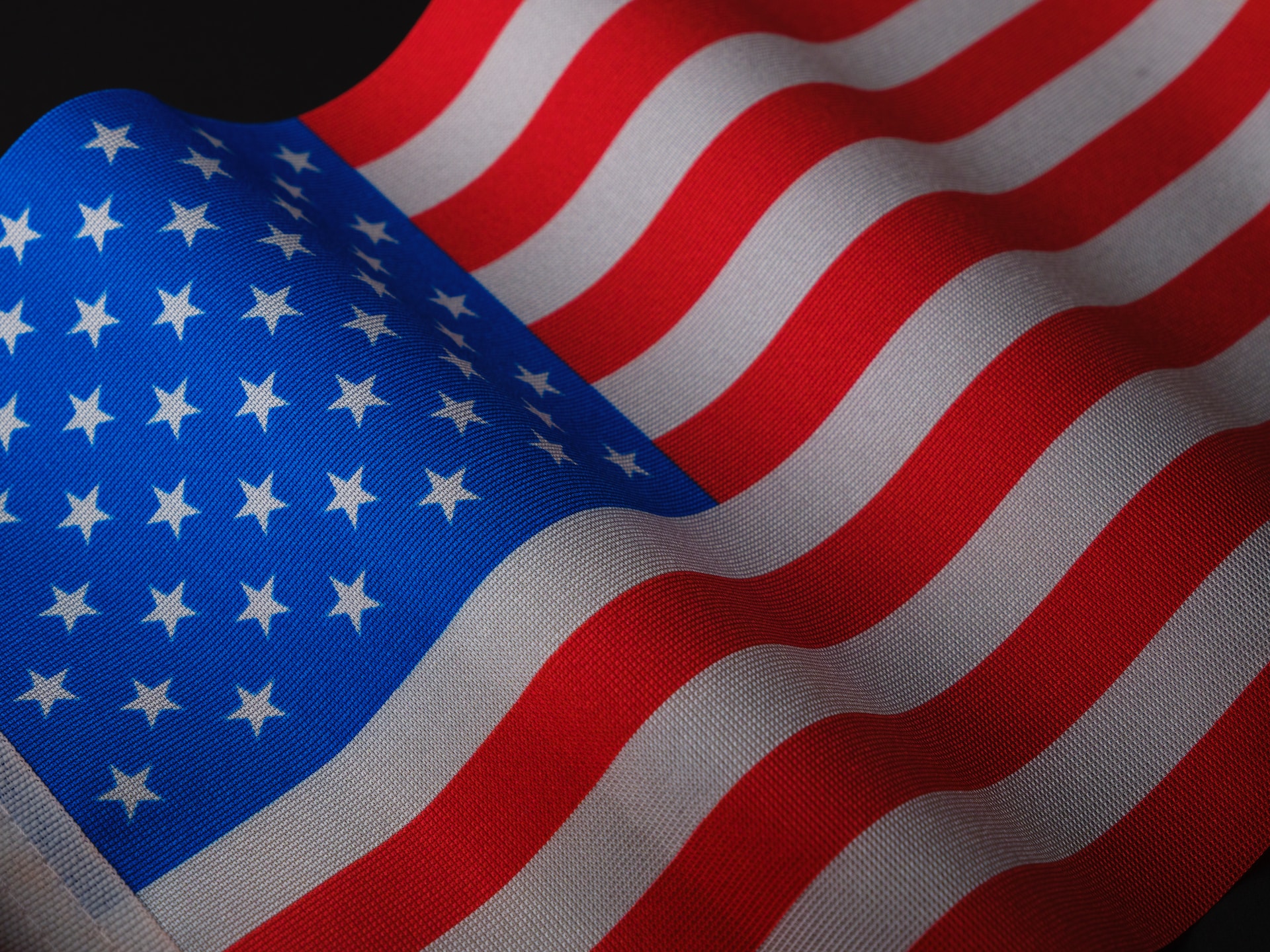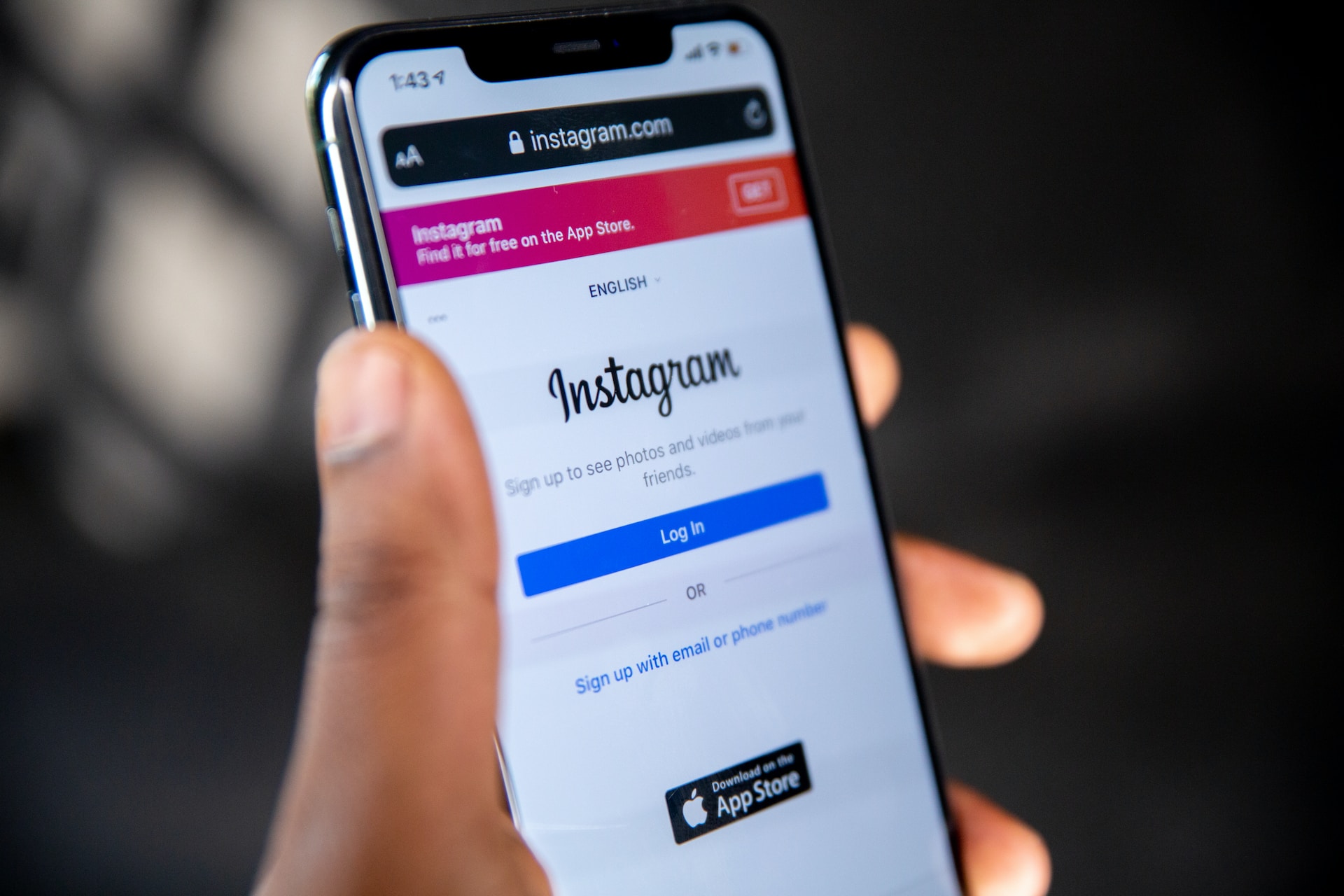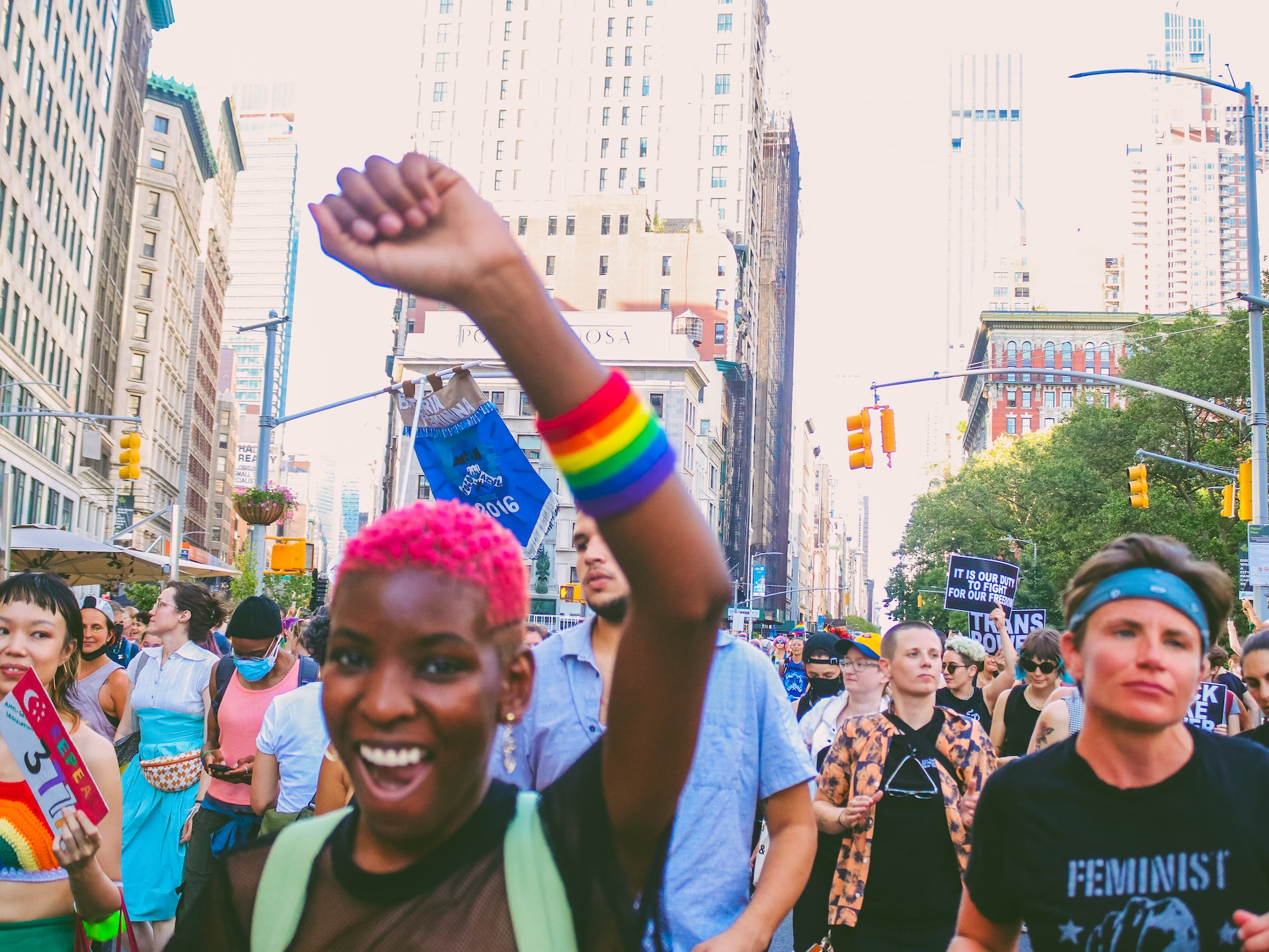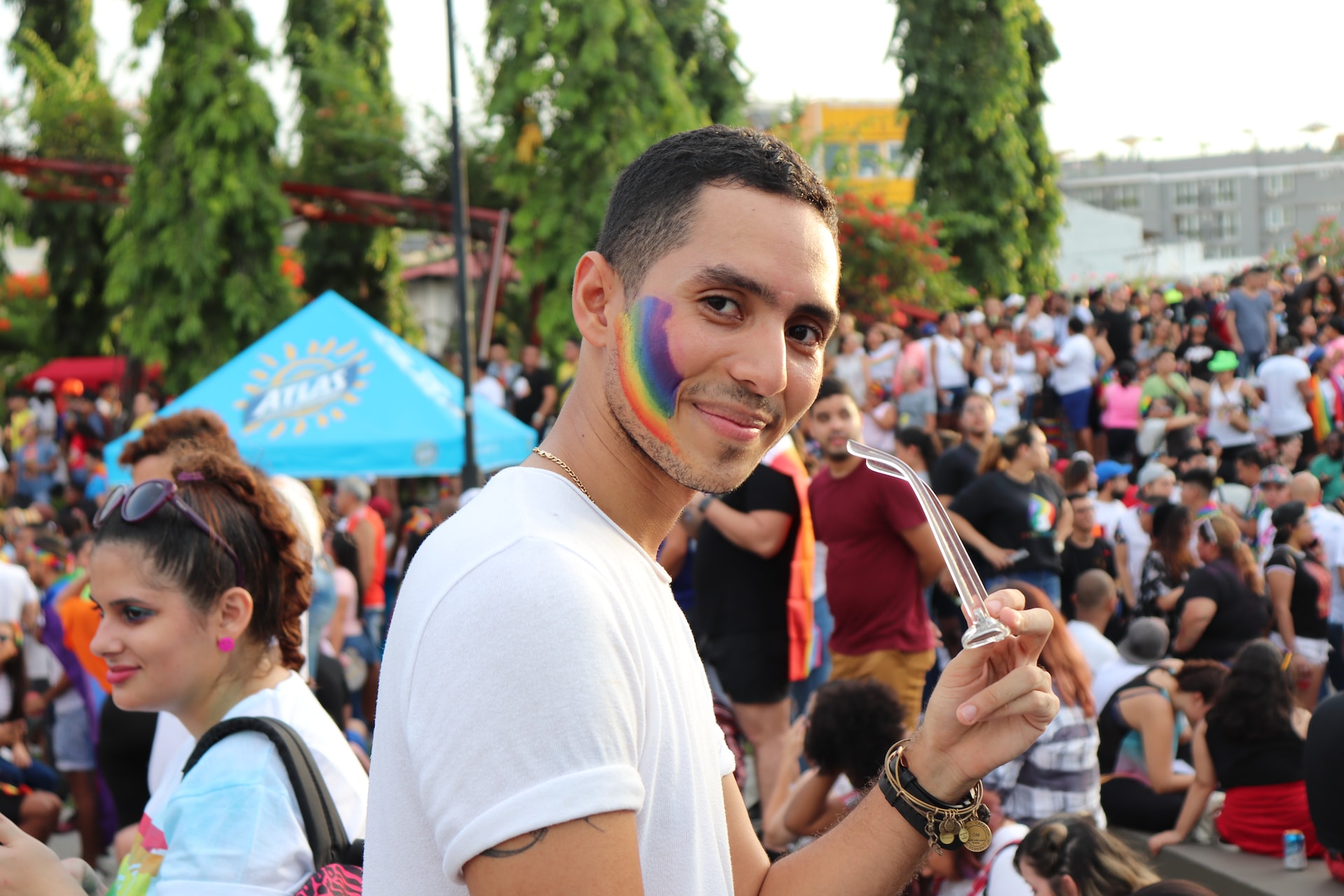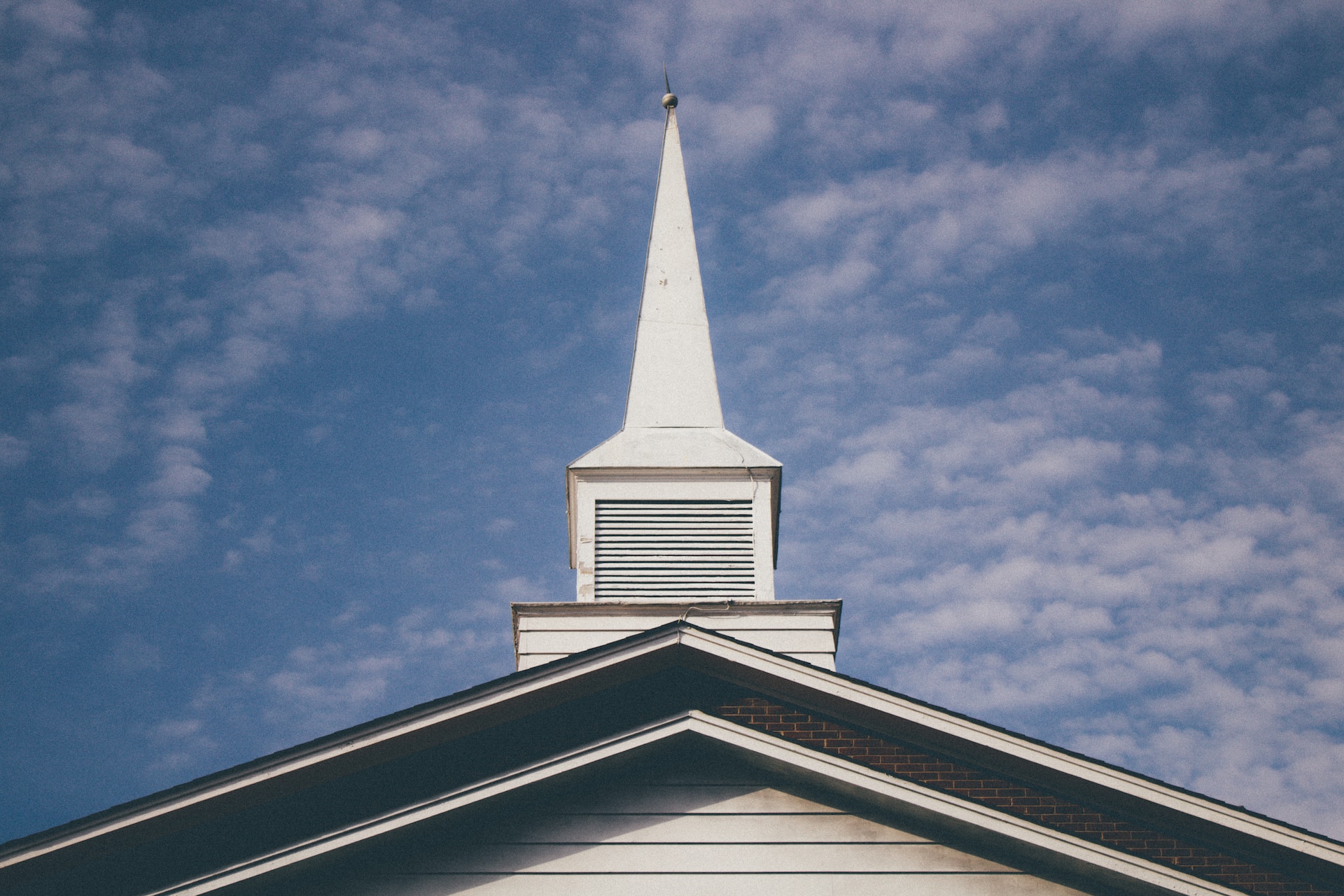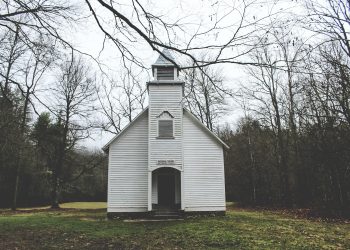Jesús Ociel Baena, a trailblazer in Mexico’s judiciary, was found dead in their home in Aguascalientes, Central Mexico. Last year, Baena made history by becoming the first openly nonbinary person to hold a judicial position in the country, marking a significant milestone in the fight for LGBTQ rights and representation in the Mexican legal system.
Circumstances Surrounding the Death
The discovery of Baena’s body, along with another person believed to be their partner, has raised many questions and concerns. The Aguascalientes state prosecutor’s office confirmed the fatalities, with the victims showing injuries likely inflicted by a sharp object. Jesús Figueroa Ortega, the state prosecutor, noted the absence of signs indicating the involvement of anyone else at the crime scene.
Investigations Underway Amid Speculations
Mexico’s Security Secretary, Rosa Icela Rodríguez, announced that an investigation into the deaths is ongoing. With Mexico’s history of quickly attributing similar cases to crimes of passion, the true nature of this incident – whether a homicide or an accident – remains uncertain. This ambiguity has led to widespread speculation and concern, especially within the LGBTQ community.

The Impact of Social Media Visibility
Alejandro Brito, the director of LGBTQ rights group Letra S, highlighted the potential risks associated with Baena’s high visibility on social media. Brito emphasized the need for authorities to consider this aspect during their investigation. Baena’s online presence, while a source of inspiration for many, may have also made them a target, underscoring the vulnerabilities faced by prominent figures in the LGBTQ community.
A Call for Justice and Recognition
The death of Jesús Ociel Baena is not just a personal tragedy but a significant loss to the LGBTQ community and the ongoing struggle for equality and acceptance in Mexico. It underscores the challenges and dangers faced by individuals who, through their existence and achievements, challenge long-standing norms and pave the way for future generations. The investigation’s outcome will be closely watched as a measure of Mexico’s commitment to justice and equality for all its citizens, irrespective of their gender identity.
©unitedradiance.org





